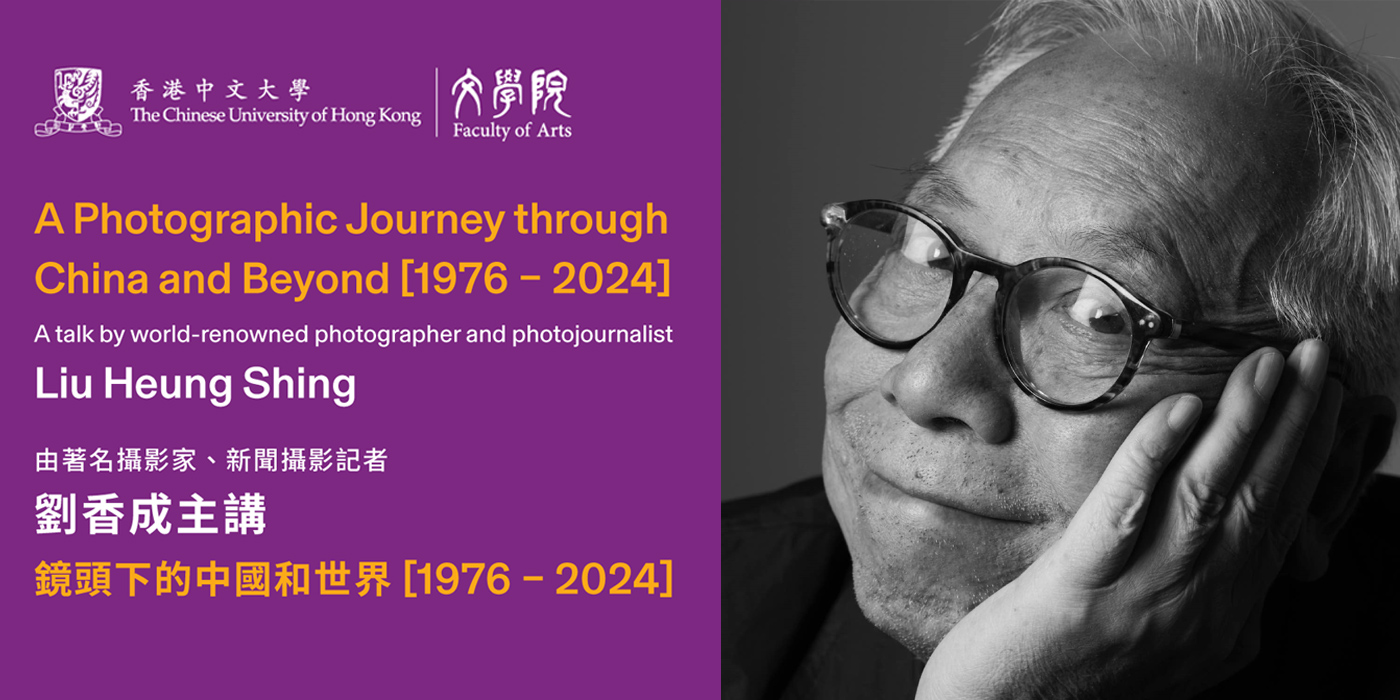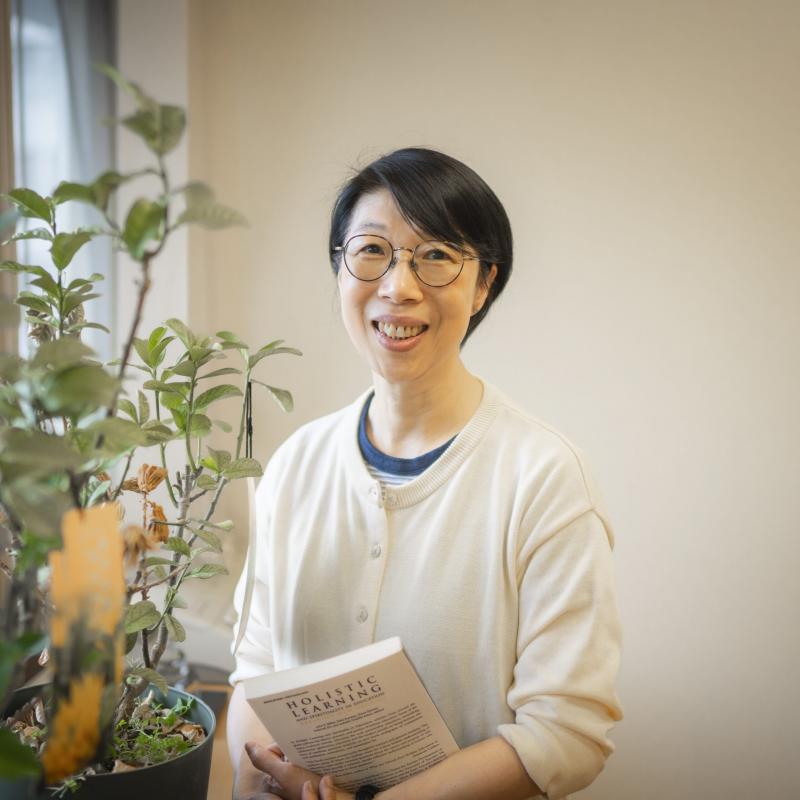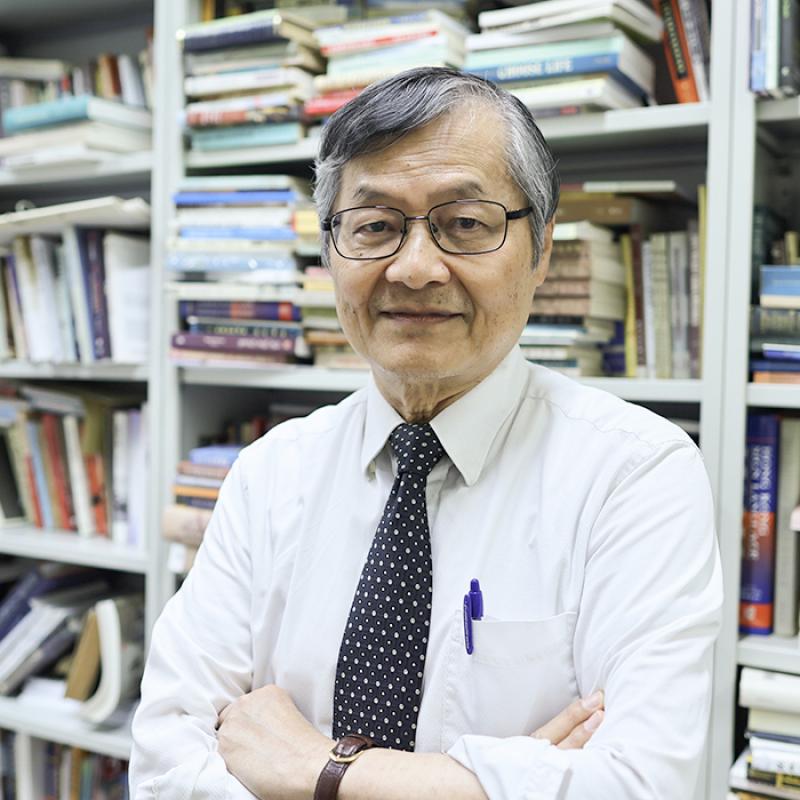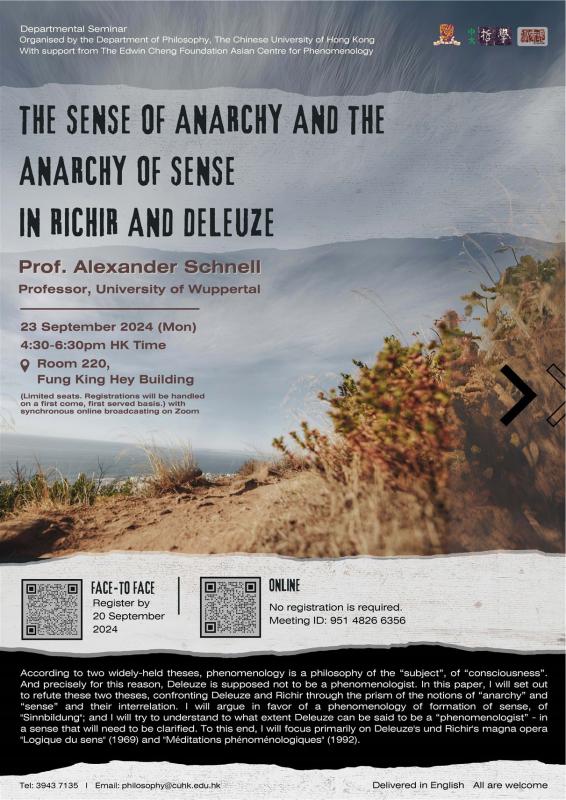Over the last half a century, Pulitzer Prize-winning photojournalist Liu Heung Shing has been globetrotting with a camera and press pass to chronicle through his lens the first rough drafts of history. Those historical events included the death of Mao Zedong, the Soviet invasion of Afghanistan, pro-democracy protests in South Korea and the collapse of the Soviet Union.

For Kant, "Right," or coercively enforceable civil and criminal law, and "Ethics," our non-coercively enforceable duties to self and others, are the two parts of morality as a whole, with a common foundation in our fundamental obligation to treat "humanity" in both ourselves and others always as an end and never merely as a means. In this seminar we will explore the structure of his basic arguments in both Right and Ethics to see how they are each grounded in the moral status of humanity, and how the concept of humanity must be understood in order for his arguments to work. We will further explore what can be expected from the enforcement of law, and what must be left to the moral motivation of both power-holders and ordinary citizens in a "civil condition" or state.
Background for the seminar will be provided by three of my forthcoming but not yet published papers, "Enforcing the Law of Nature," "Morality, Right, and Responsibility," and "Humanity, Right, and Ethics." These papers will be made available in advance of the seminar.
Speaker
Prof. Paul Guyer
Prof. Paul Guyer received his PhD at Harvard University in 1974. His teachers included Stanley Cavell and John Rawls. He is the Jonathan Nelson Professor emeritus in Humanities and Philosophy at Brown University and the Florence R.C. Murray Professor in the Humanities emeritus at the University of Pennsylvania; he also taught at the University of Pittsburgh, the University of Michigan, the University of Illinois-Chicago, Princeton University, and Harvard University. His dissertation was on Kant’s aesthetics, leading to his first book, Kant and the Claims of Taste (1979); he has worked more broadly on both Kant and aesthetics throughout his career. He is the author, editor, and/or translator of more than thirty books, including Kant and the Claims of Knowledge (1987), Kant on Freedom, Law, and Happiness (2000), Kant (2006/2014), A History of Modern Aesthetics (3 vols., 2014), Virtues of Freedom (2016), Reason and Experience in Mendelssohn and Kant (2020), A Philosopher Looks at Architecture (2021), Idealism in Modern Philosophy (2023, with Rolf-Peter Horstmann), and, most recently, Kant’s Impact on Moral Philosophy (2024). He was General Co-Editor of The Cambridge Edition of the Works of Immanuel Kant in English Translation, and in that series co-edited and co-translated the Critique of Pure Reason, and edited and co-translated the Critique of the Power of Judgment and Kant’s Notes and Fragments. He also edited three different Cambridge Companions on Kant. He has published more than three hundred journal articles and book chapters.
Prof. Guyer has been president of both the American Philosophical Association Eastern Division and the American Society for Aesthetics, and was chairman of the board of the North American Kant Society for many years. He is a Fellow of the American Academy of Arts and Sciences and a Corresponding Member of the Academy of Athens. He has held fellowships from the National Endowment for the Humanities, the John Simon Guggenheim Memorial Foundation, the Princeton University Center for Human Values, and the American Academy in Berlin, and has been an Alexander von Humboldt Foundation Research Prize Winner. His other honors include the Matchette Prize of the American Philosophical Association, the Centennial Medal of the Harvard Graduate School of Arts and Sciences, and the International Kant Prize (2024).
Prof. Guyer continues his research with a focus on Kant’s moral and political philosophy in historical context.
Tel: (852) 3943 8525
Fax: (852) 2603 5323
Website: http://phil.arts.cuhk.edu.hk/


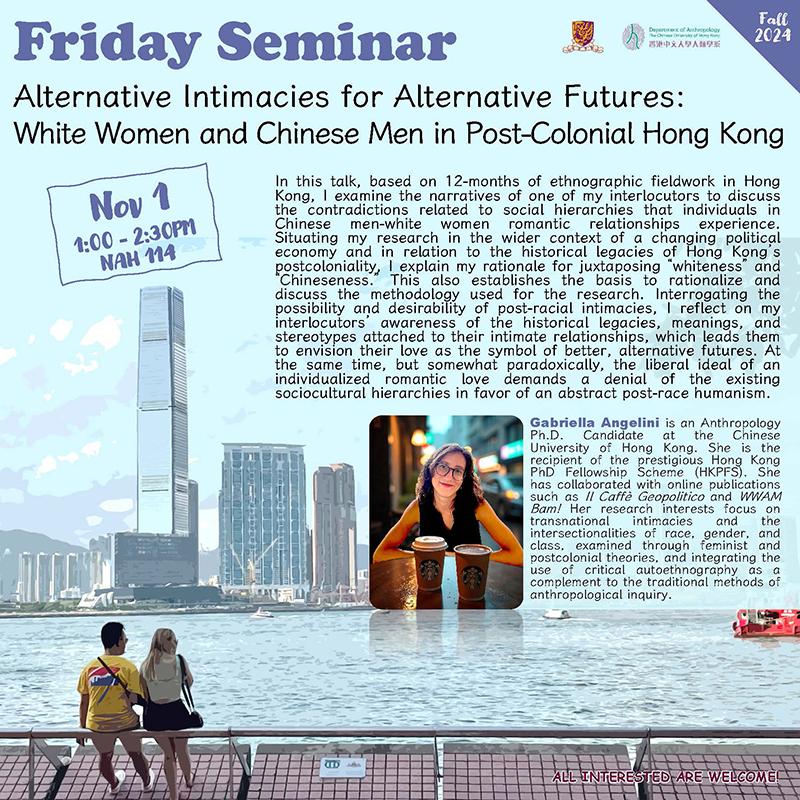
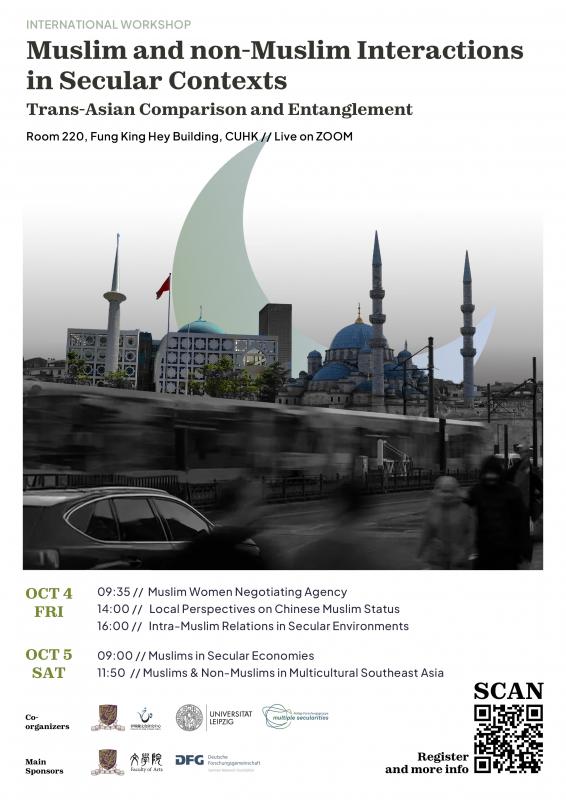





![Liu Heung Shing. 'China After Mao—Skating in Dalian', 1981. M+, Hong Kong. [2012.2098]. © M+, Hong Kong.](/web/sites/default/files/styles/gallery/public/2024-09/49_Liu-Heung-Shing_1400x700-2.jpg?itok=ZtYPYrE2)


